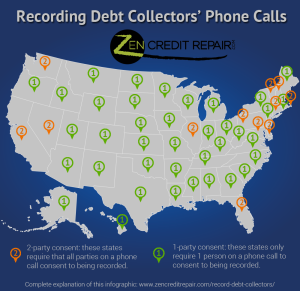One of my companies is getting ready to make a big push at expanding nationwide. In order to finance this, I will once again be applying for a business loan. Because of my efforts at credit repair over the past few years, I am now in the top tier of credit scores, and I expect to be approved easily at a low interest rate.
I thought I would take this opportunity to reflect on the past 5 years of credit repair for myself, my friends, and my clients. And really, when I say “credit repair,” I mean the entire process of climbing up the credit ladder from the worst possible situation (my scores were 500 at Experian, 463 at Equifax, and 466 at TransUnion), getting negative entries removed from my credit report, getting a credit card again, getting an installment loan, being diligent and disciplined about those loans, building positive credit, and eventually arriving at the top tier (760-850 range; any score in this range will get you the lowest interest rates).
I have succeeded at repairing my credit and climbing to the highest rung of the credit ladder, where I have the possibility of using my excellent credit to build my businesses and buy real estate, thereby growing lasting wealth for my family for years–even generations–to come.
I’ve also helped other people do the same. I’ve met with a lot of people at a financial low point in their lives. And while I’d like to say that every single one of them has followed my example and made a complete turnaround, that’s not the case. Some have listened to me and read about my system, but after experiencing an initial surge of inspiration and enthusiasm, fallen back into their old habits of missing payments, and soon it’s as if they had never even attempted credit repair. It’s like ballooning back up to your old weight after losing a few pounds on a crash diet.
So I’ve been reflecting back on the past 5 years with the goal of committing to paper exactly what separates the winners from the losers. Above all else, I’m convinced that it is a few character traits, and not any specific nitty-gritty tactic like how you word your dispute letters to the credit bureaus.
Here’s what I’ve learned:

